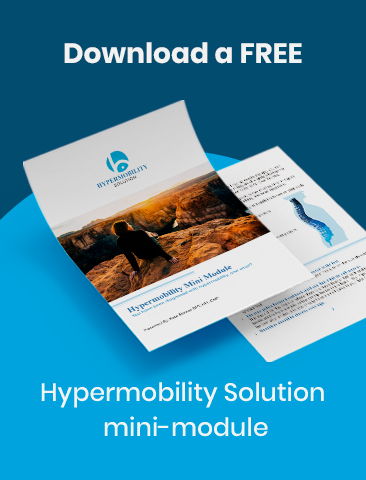Living with Hypermobility Spectrum Disorder (HSD) presents challenges in daily routines, where chronic pain, fatigue, and heightened sensory experiences become a norm.
It’s vital for us to articulate our needs without feeling judged, as these small accommodations can make significant differences in our well-being.
The Scented World Around Us
People with HSD often possess enhanced olfactory senses overwhelming strong fragrances and odors. Advocate for an odor-neutral home environment, explaining to family and friends about this heightened sensitivity.
Check out these products to maintain an odor-free house:
- Biokleen’s Bac-Out Stain and Odor Remover
- Nature’s Miracle Stain and Odor Remover
- Ionic paint additive
- Hamilton Beach TrueAir Room Odor Eliminator

Understanding Plan Changes
Cancellations and last-minute changes might be necessary due to unpredictable pain or fatigue. Equip yourself with a quick explanation or even use the spoon theory as a metaphor, ensuring friends and family understand the reasons behind these changes.

Navigating Food Choices
Many with HSD deal with Mast Cell Activation Disorder, making them reactive to specific foods or ingredients. Politely declining certain food items isn’t being picky-it’s about wellness and symptom management.

The Importance of Sleep
Sleep disturbances are common among those with HSD. Highlighting that these are linked to chronic pain and autonomic nervous system dysfunction can help others understand why rest and sleep are crucial and not indicative of laziness.

Temperature Sensitivities
Due to autonomic nervous system dysfunctions, temperature regulation can be a challenge. Whether turning up the heat or adjusting the AC, it’s not about being difficult-it’s about comfort and well-being.

Addressing Physical Comfort
Standing or sitting for extended periods can exacerbate symptoms. Politely asking for seating accommodations or skipping long lines isn’t a sign of entitlement-it’s a need for pain management.

Excuse me, can I please have that seat?
We’ve all been there. Waiting for a long time for the train/bus to come – probably standing – to then also need to be standing for the entire ride home. As explained before, this can be hard on someone with HSD, so don’t hesitate to ask for help.
Ask someone to give you their seat because you are in pain and have a chronic condition. I am sure someone will find it in your heart to help you. If you don’t feel like asking, you can always wait at the station until an emptier train/bus comes.

I hope going through these requests gives you the courage to ask for what you need to feel good in your day-to-day life. It is a battle you fight every day, and changing the environment around you is a very clever way to manage your symptoms.
You know what helps you, and there is no shame in asking exactly what you need.
Looking for an online support team? Join the Hypermobility Solution Facebook Group here!




